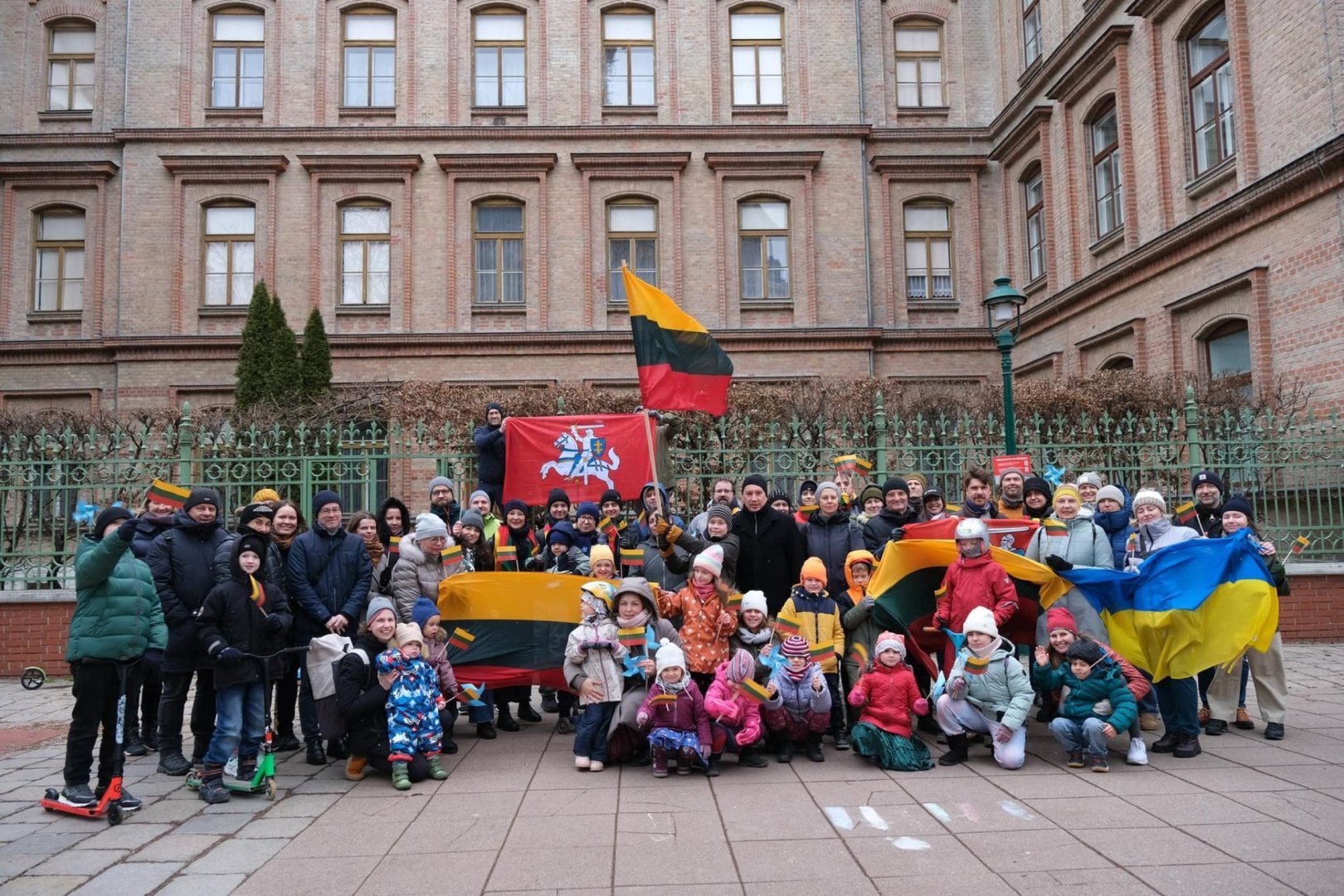BAKU, Azerbaijan, July 1. The coastal city of Palanga is preparing to welcome thousands of athletes and supporters from around the globe for the 12th World Lithuanian Sports Games, taking place July 3–6, Trend reports.
This traditional amateur sports festival celebrates global Lithuanian identity through sport, culture, and community.
This year’s Games are set to be the largest yet, with nearly 3,000 participants registered from 35 countries. Among them, for the first time in the event’s history, will be a team representing the Lithuanian community in Austria.
According to Elena Šataitė-Survilienė, head of the Austrian Lithuanian Community, the motivation to participate runs just as deep as for communities traveling from far-off countries like Australia or Canada.
“Though geographically close to Lithuania, we feel the same strong desire to reconnect with friends, family, and fellow Lithuanians from all over the world,” said Šataitė-Survilienė.
Austria’s Lithuanian community is relatively small, with around 2,000 Lithuanians living in the country and about 200 regularly attending community events. The team traveling to Palanga will include 20 participants—a modest delegation, but one that Šataitė-Survilienė views as a meaningful beginning.
“It may be a small start, but every tradition has to begin somewhere,” she noted.
She herself will compete in the Nordic walking event, while her husband will represent the community in the 3x3 basketball tournament. Austrian Lithuanians will also participate in competitions ranging from dragon boat races and shooting to tennis, golf, and running.
A New Generation Builds Community Through Heritage
Šataitė-Survilienė emphasized that events like the World Lithuanian Sports Games are particularly important for young people growing up in the diaspora.
“As a community leader, I’ve had the chance to attend various meetings and forums for Lithuanians abroad. I admit I sometimes feel a bit envious of the older, larger communities that have had generations to grow, with deeply rooted traditions and a strong culture of engagement. By contrast, our community in Austria is still young—we’re only beginning to create our own traditions and learn how to foster lasting connections and strengthen our Lithuanian identity,” she said.
A musician and composer by profession, Šataitė-Survilienė has lived in Austria for over six years. Prior to that, she and her husband, who pursued an academic career, spent three years in Helsinki, Finland. She acknowledged that not all modern emigrants feel compelled to maintain their Lithuanian identity while abroad.
“Many young people in Europe, due to geographic closeness, cultural similarity, and the ease of travel and communication, don’t feel cut off from Lithuania the way earlier generations did. They often don’t seek out local Lithuanian communities,” she explained.
But for many, that changes with parenthood.
Now raising two young daughters, Šataitė-Survilienė shared that having children sparked a deeper desire to connect with heritage.
“When kids enter the picture, parents often want to pass on their language and culture, to show them where their grandparents live and how holidays are celebrated in Lithuania. That’s when many families turn to Lithuanian weekend schools and local community groups,” Šataitė-Survilienė articulated.
She currently teaches at the Lithuanian heritage school in Vienna and described events like the Sports Games—and last year’s Song Festival—as vital experiences for children.
“These gatherings show our kids that they’re not alone. There are many other little Lithuanians out there, even if they don’t all speak the language fluently, who care about their roots and want to connect with Lithuania. It’s empowering for them to be among peers with shared heritage. Diaspora children have a unique dual identity, and it’s something we should nurture and celebrate,” she said.
Celebrating Visibility and Unity
Šataitė-Survilienė hopes that the atmosphere in Palanga will be as moving and inspiring as the 2024 Song Festival.
“There’s a very specific, hard-to-describe feeling of unity and togetherness at these events. That feeling is what fuels our day-to-day work in the diaspora,” she noted.
She added that visibility at such events helps grow community engagement.
“If people hear about the Austrian-Lithuanian community and see us out there, maybe more second- and third-generation Lithuanians will join us. Being together is our greatest value,” she added.
The World Lithuanian Sports Games—often dubbed Lithuania’s national Olympics—were first held in Kaunas in 1938. Interrupted for decades by war and Soviet occupation, the tradition was revived in 1978 in Toronto and later held in Chicago and Adelaide. Since 1991, the Games have been organized regularly in Lithuania.
Stay up-to-date with more news on Trend News Agency's WhatsApp channel







